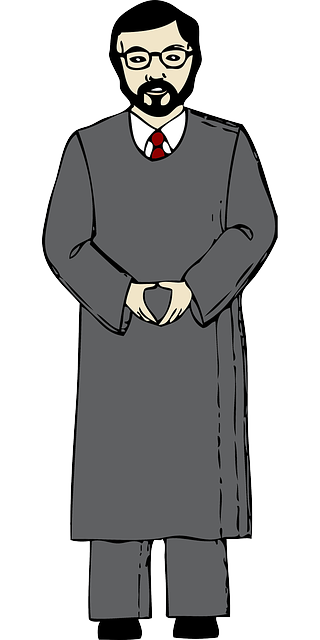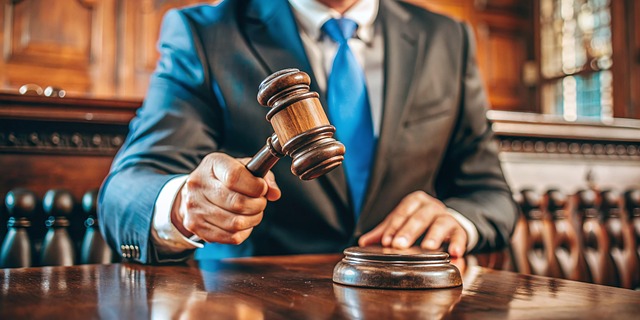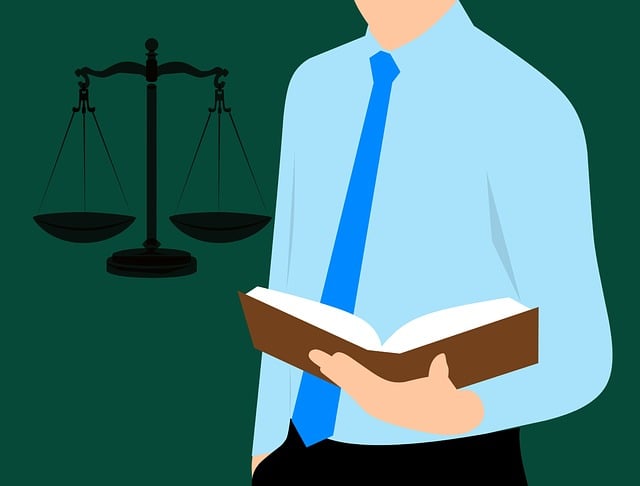In criminal law, criminal defense is vital for ensuring a just trial process. Skilled lawyers navigate complex procedures, challenging evidence and presenting alternative theories to protect clients' rights. This strategic approach, focusing on legal intricacies and loopholes, aims to avoid wrongful convictions and provide a fair trial advocacy. They meticulously scrutinize evidence, build robust defenses, and employ expert testimonies and cross-examination techniques to sow doubt in juries' minds. By balancing ethical dilemmas, confidentiality, and legal procedures, these advocates ensure client rights are protected while upholding fairness principles in every trial.
“In the realm of criminal justice, ensuring a fair trial is paramount. This article delves into the heart of criminal defense strategies, equipping readers with insights into navigating complex legal landscapes. From understanding the cornerstone principles of fair trial advocacy to exploring ethical considerations, we uncover essential elements for building robust defenses.
Learn how experienced advocates wield evidence, testimony, and legal precedents to forge compelling cases, ultimately safeguarding individuals’ rights within the intricate tapestry of criminal proceedings.”
- Understanding Criminal Defense: The Cornerstone of Fair Trial Advocacy
- Navigating Legal Complexities: Strategies for Effective Defense
- Ethical Considerations and the Role of an Advocate
- Building a Compelling Case: Evidence, Testimony, and Legal Precedents
Understanding Criminal Defense: The Cornerstone of Fair Trial Advocacy

In the realm of criminal law, understanding criminal defense is paramount for ensuring a just and equitable process—the cornerstone of fair trial advocacy. It involves a meticulous navigation through complex legal procedures, where attorneys advocate for their clients’ rights and freedoms. A fundamental aspect is challenging the prosecution’s evidence, presenting alternative theories, and raising constitutional objections to protect against potential infringements on an individual’s rights.
This strategic approach not only safeguards against wrongful convictions but also ensures that every defendant has a fair opportunity to defend themselves. Skilled criminal defense lawyers play a pivotal role in navigating the intricacies of the legal system, providing robust representation and fostering trust in the integrity of the judicial process. Their expertise is crucial in maintaining the balance between justice and due process.
Navigating Legal Complexities: Strategies for Effective Defense

Navigating complex legal proceedings is a delicate art, especially in criminal defense cases where every detail and strategy matters. An experienced advocate plays a pivotal role in ensuring their client receives a fair trial—a cornerstone of any just society. The initial step involves meticulously reviewing the evidence to identify potential weaknesses or inconsistencies that can be exploited in favor of the defendant. This strategic approach not only challenges the prosecution’s case but also helps build a robust defense, often leading to more favorable outcomes.
Moreover, effective criminal defense attorneys utilize their knowledge of legal loopholes and procedural nuances to navigate the intricate web of laws and regulations. They employ persuasive argumentation, expert witness testimony, and clever cross-examination techniques to sow doubt in the jury’s mind. By presenting a compelling alternative narrative, these advocates ensure that every angle of the case is explored, giving their clients the best possible chance at a successful defense and, ultimately, a fair trial.
Ethical Considerations and the Role of an Advocate

In the intricate dance of criminal defense, legal advocates play a pivotal role in ensuring a fair trial for their clients. Ethical considerations are at the heart of this process, demanding lawyers uphold the highest standards of integrity and professionalism. They must balance the rights of the accused with the need to uphold justice, often navigating complex and sensitive matters. This includes maintaining confidentiality, avoiding conflicts of interest, and adhering to rules of evidence and procedure.
An advocate’s duty extends beyond legal arguments; they are stewards of the judicial process. This involves vigorously protecting their client’s rights while respecting the authority of the court. By presenting compelling defenses, challenging inadmissible evidence, and objecting to unfair practices, lawyers ensure that every step of the trial adheres to principles of fairness. Ultimately, their goal is not merely to win but to secure a just outcome, ensuring the accused receives a trial that meets the highest ethical and legal standards.
Building a Compelling Case: Evidence, Testimony, and Legal Precedents

Building a compelling case in criminal defense involves meticulously crafting and presenting evidence, testimonies, and leveraging legal precedents to advocate for your client’s rights to a fair trial. The foundation of any strong defense is thorough investigation and gathering concrete, admissible evidence that supports the defendant’s innocence or mitigates their guilt. This can include physical evidence, witness statements, expert opinions, and relevant legal documents.
Testimony plays a crucial role in criminal cases, as it provides firsthand accounts and perspectives that can shape the jury’s understanding of events. Defense attorneys must strategically select and prepare witnesses to offer credible, consistent, and compelling testimonies that align with the overall defense strategy. Additionally, understanding and leveraging legal precedents—previous court decisions on similar cases—can strengthen the defense argument, establishing patterns and setting a precedent for a fair trial advocacy approach.














